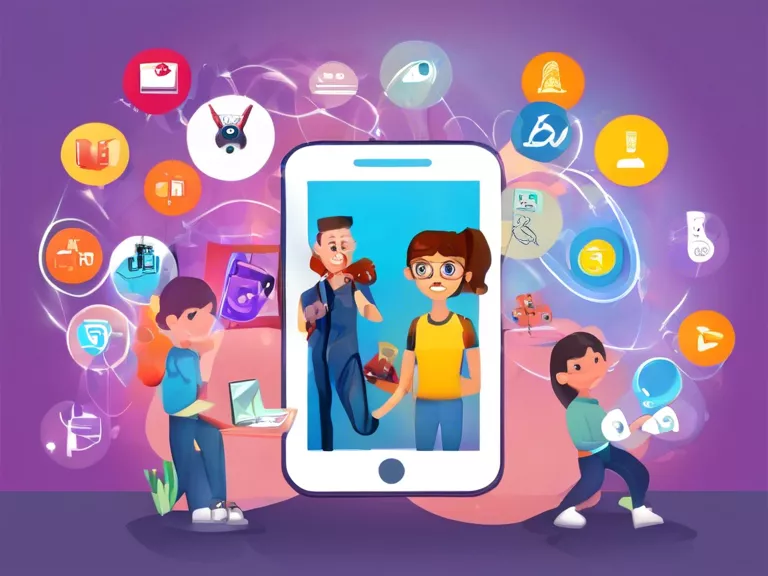
The Role of Mobile Apps in Supporting Remote Learning for Children
In the wake of the COVID-19 pandemic, remote learning has become a prominent way for children to continue their education from home. With the help of mobile apps, this transition to remote learning has become more manageable and effective than ever before. Mobile apps are playing a crucial role in supporting children's education, providing a wide range of educational materials, interactive lessons, and fun activities to keep kids engaged and motivated to learn.
One of the key benefits of using mobile apps for remote learning is the accessibility they offer. Children can access educational content anytime and anywhere through their smartphones or tablets, making learning more convenient and flexible. This is especially beneficial for children who may not have access to traditional classroom settings or resources.
Mobile apps also provide a variety of engaging and interactive learning experiences for children. From educational games and quizzes to virtual study groups and video lessons, these apps make learning fun and exciting for kids. By incorporating elements of gamification and interactivity, mobile apps can help children stay focused and interested in their studies, leading to better retention of information and improved learning outcomes.
Additionally, mobile apps can cater to individual learning styles and pace. With personalized learning features, children can progress through lessons at their own speed and receive customized feedback and recommendations based on their performance. This tailored approach to learning can help children build their skills and knowledge effectively, ensuring they reach their full potential.
Overall, mobile apps are an invaluable tool in supporting remote learning for children. By providing accessibility, engagement, and personalized learning experiences, these apps are revolutionizing the way kids learn and making education more accessible and enjoyable for all.



